Accueil » Bibliothèque virtuelle » Autres ressources
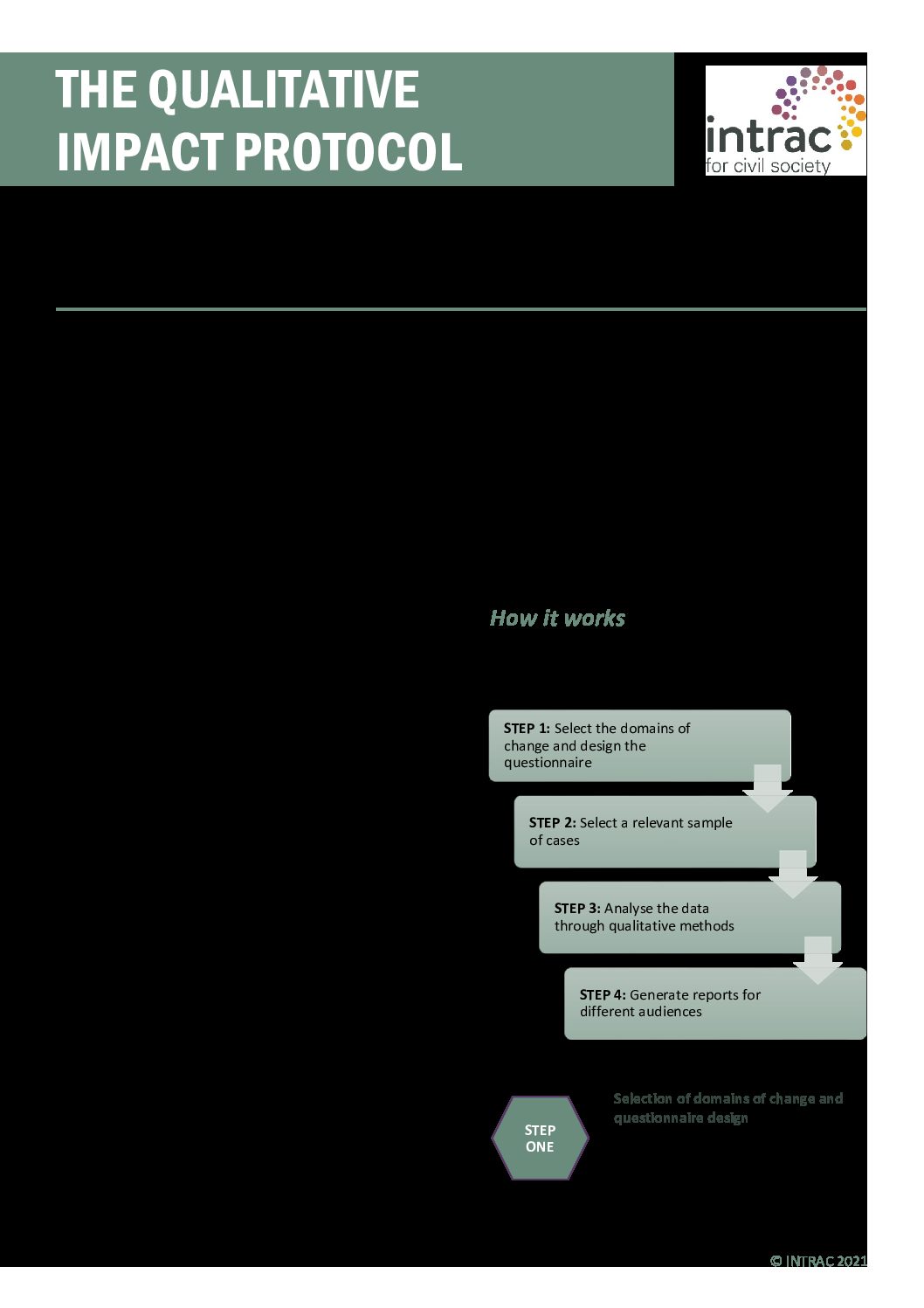
THE QUALITATIVE IMPACT PROTOCOL
The Qualitative Impact Protocol (QUIP) is a qualitative methodology that can be used to assess change in complex projects and programmes. To reduce bias, field
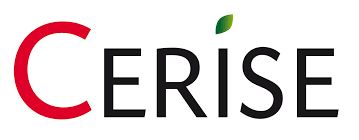
CERISE SPI4: a social performance audit tool
What is SPI4? The SPI4–Social Performance Indicators 4–is a social performance assessment tool for financial service providers (FSP). The SPI4 allows FSPs evaluate their level
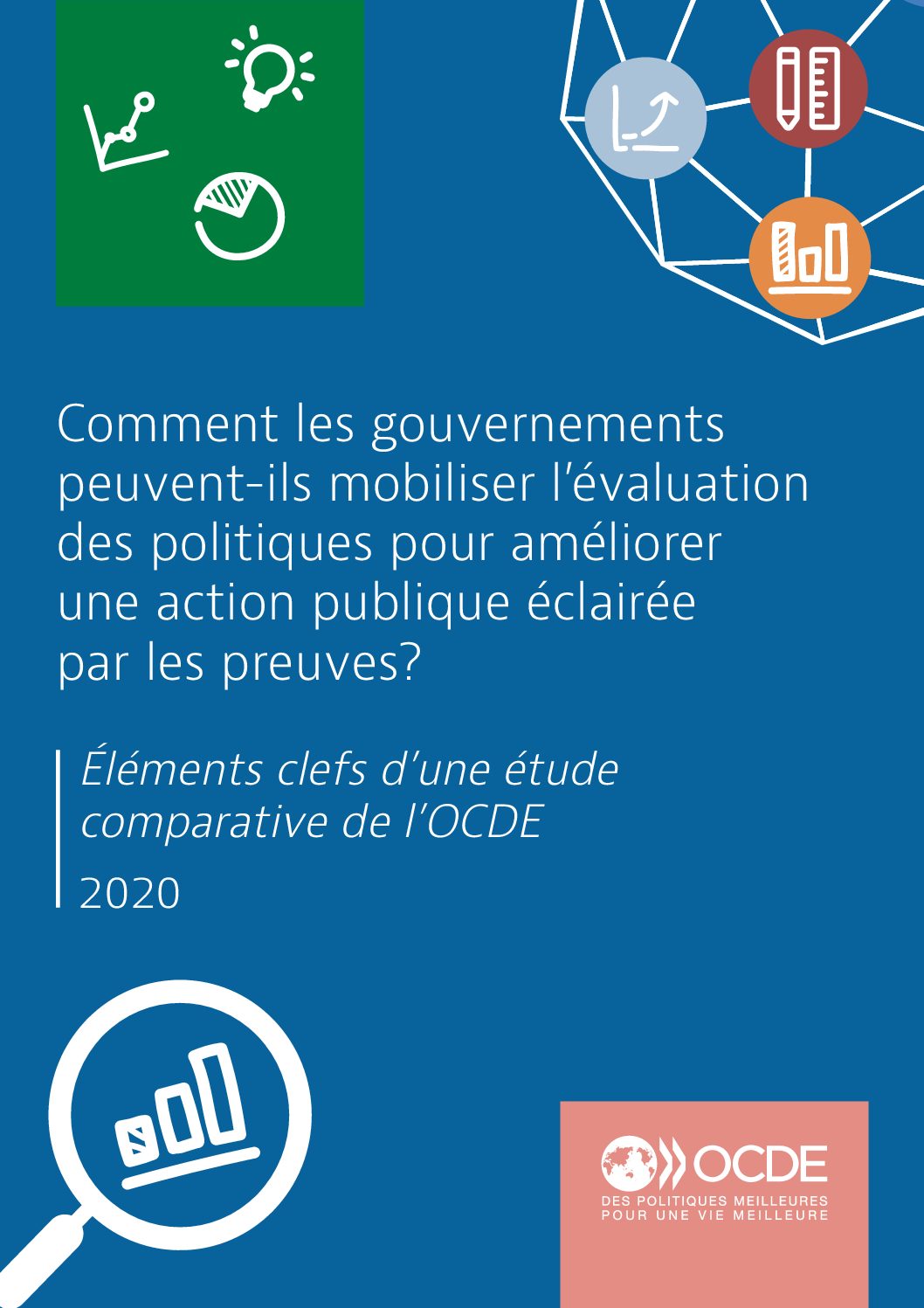
Éléments clefs d’une étude comparative de l’OCDE 2020
elements-clefs–mobiliser-levaluation-des-politiques Comment les gouvernements peuvent-ils mobiliser l’évaluation des politiques pour améliorer une action publique éclairée par les preuves? Résumé L’évaluation des politiques publiques contribue indiscutablement

Glossary of Key Terms in Evaluation and Results Based Management
The DAC Working Party on Aid Evaluation (WP-EV) has developed this glossary of key terms in evaluation and results-based management because of the need to

HANDBOOK FOR THE MARKER FOR THE INCLUSION AND EMPOWERMENT OF PERSONS WITH DISABILITIES
Gender Equality: Two guidance documents exist to support the implementation of gender equality. The Handbook on the OECD-DAC Gender Equality Marker5 and the new
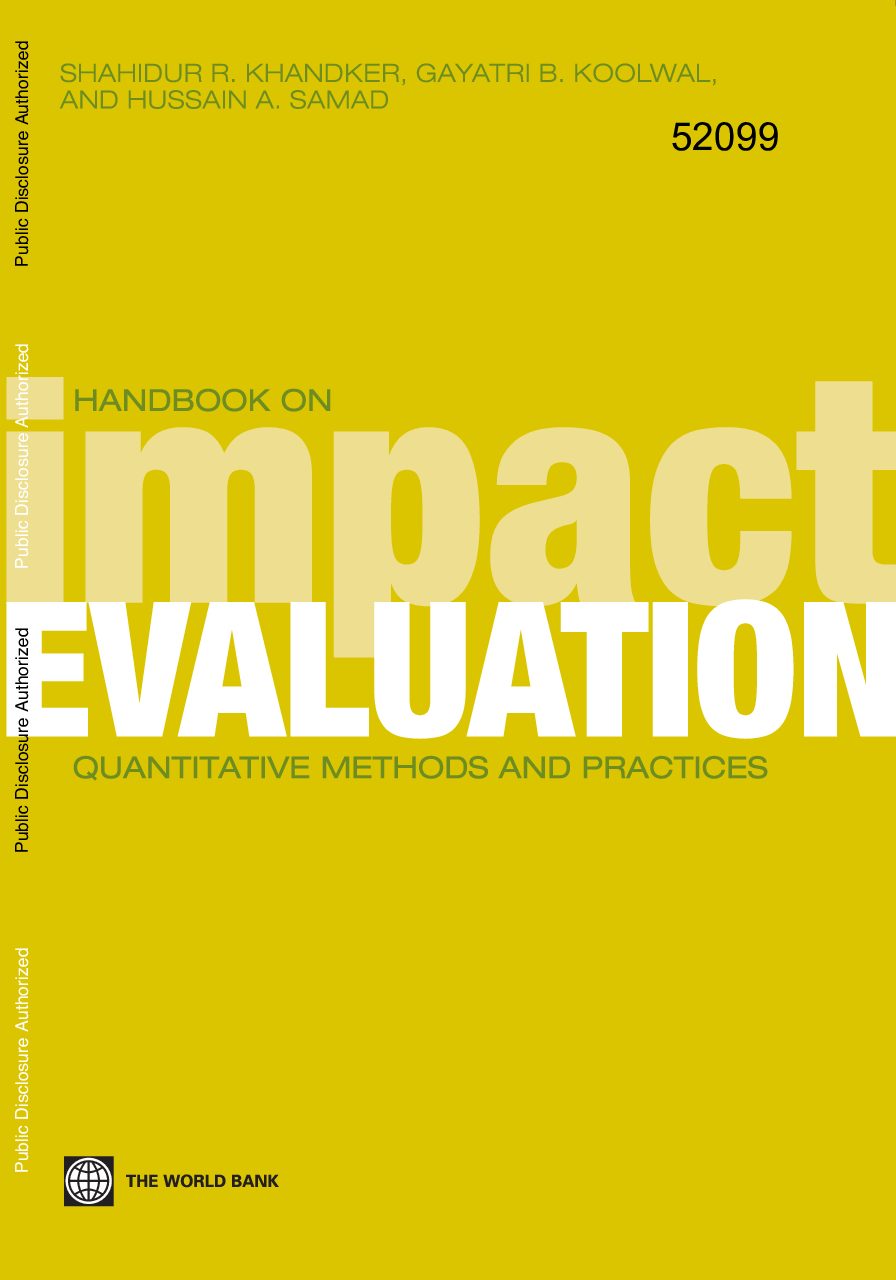
Handbook on Impact Evaluation, Quantitative Methods and Practices
Identifying the precise effects of a policy is a complex and challenging task. This issue is particularly salient in an uncertain economic climate, where governments
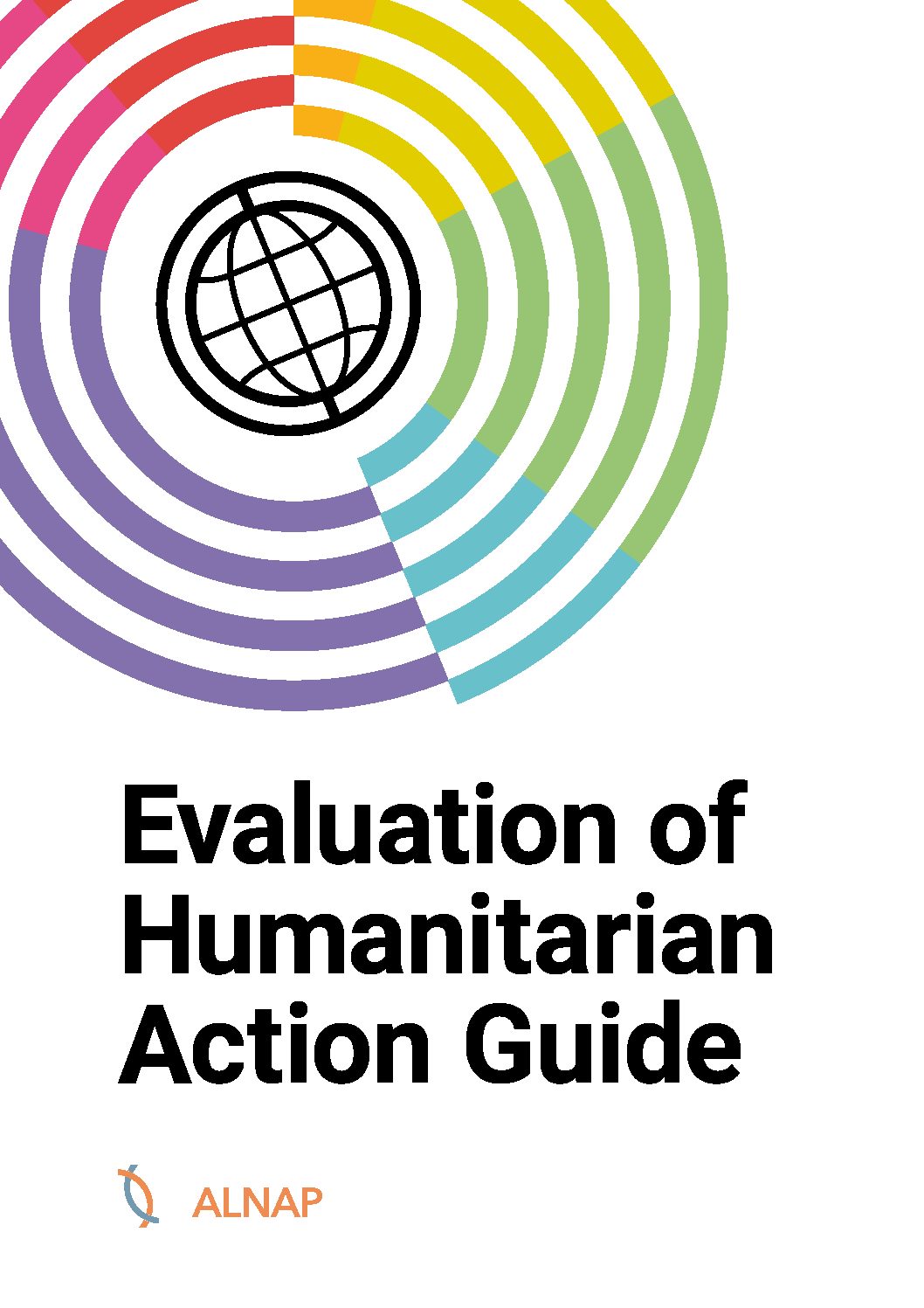
Evaluation of Humanitarian Action Guide
Authors: Margie Buchanan-Smith John Cosgrave Alexandra Warner With additional help from: Francesca Bonino Neil Dillon Paul Knox Clarke Ralf Otto
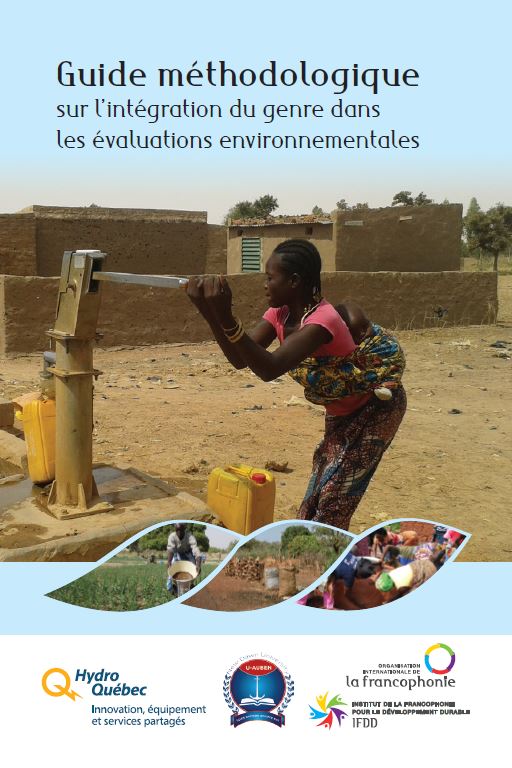
Guide méthodologique sur l’intégration du genre dans les évaluations environnementales
Ce guide méthodologique sur l’intégration du genre dans les évaluations environnementales se veut un outil pratique pour les acteurs de développement et les experts en
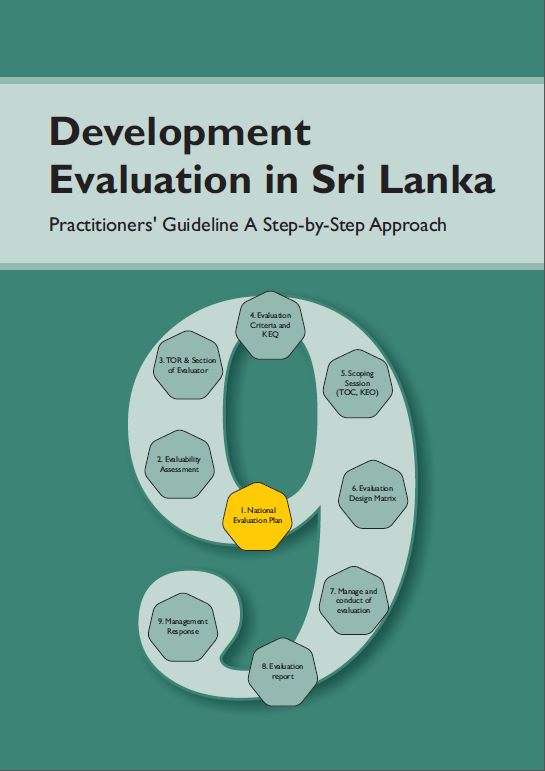
Development evaluation in Sri Lanka
Development evaluation in Sri Lanka
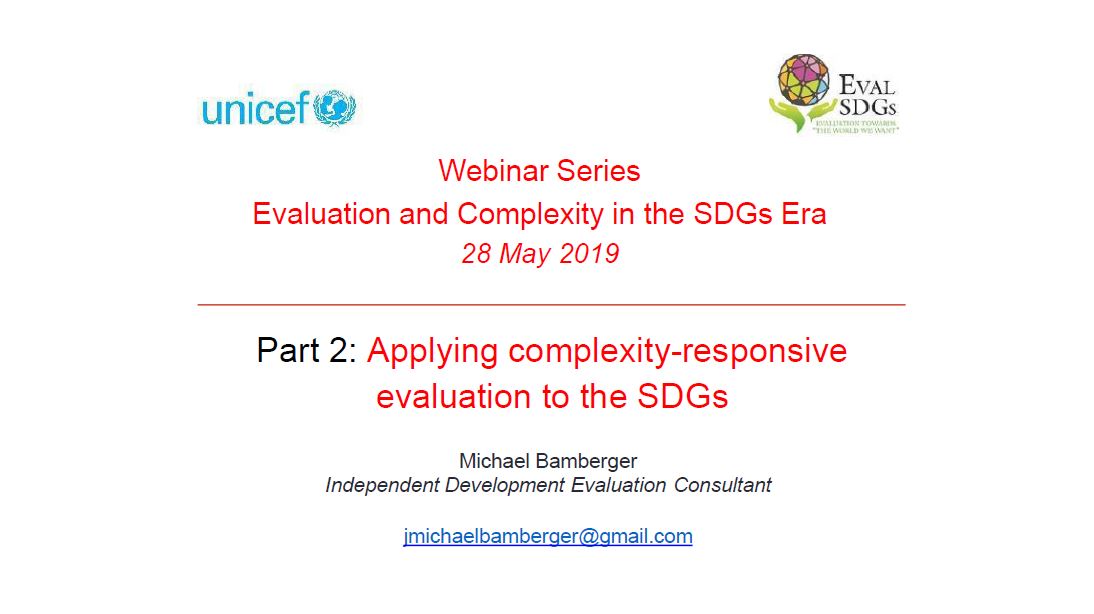
Appliying complexity-responsive evaluation to the SDGs
Appliying complexity-responsive evaluation to the SDGs
